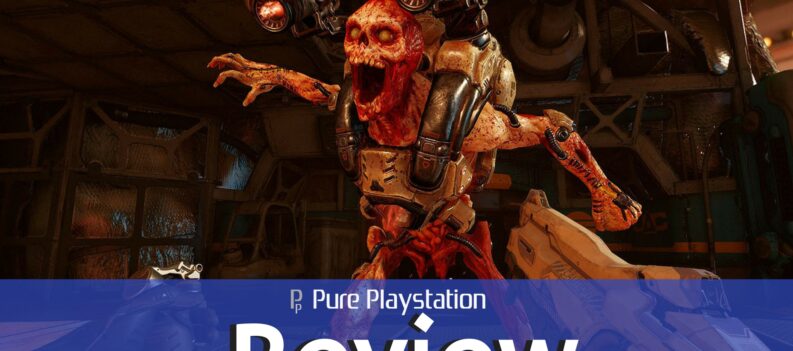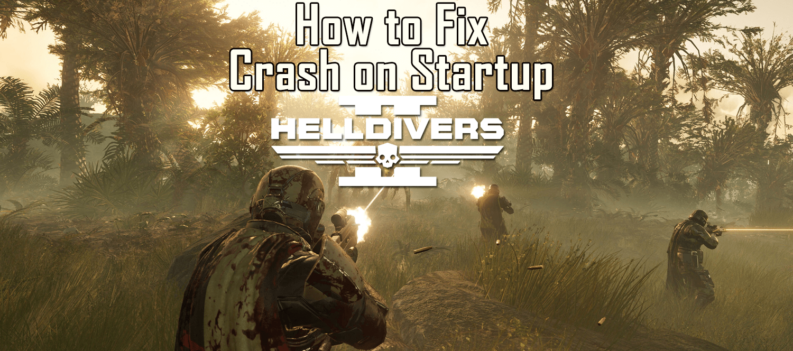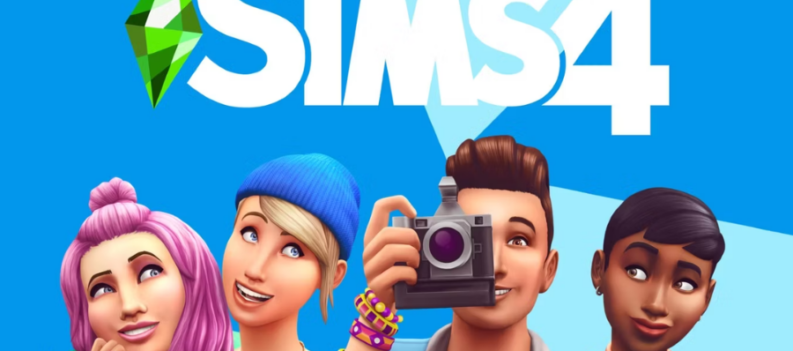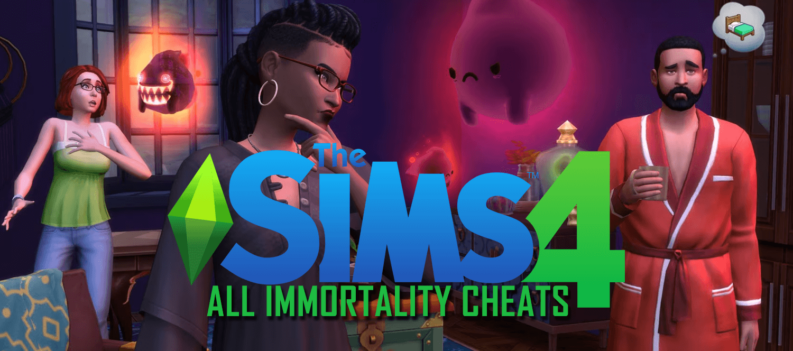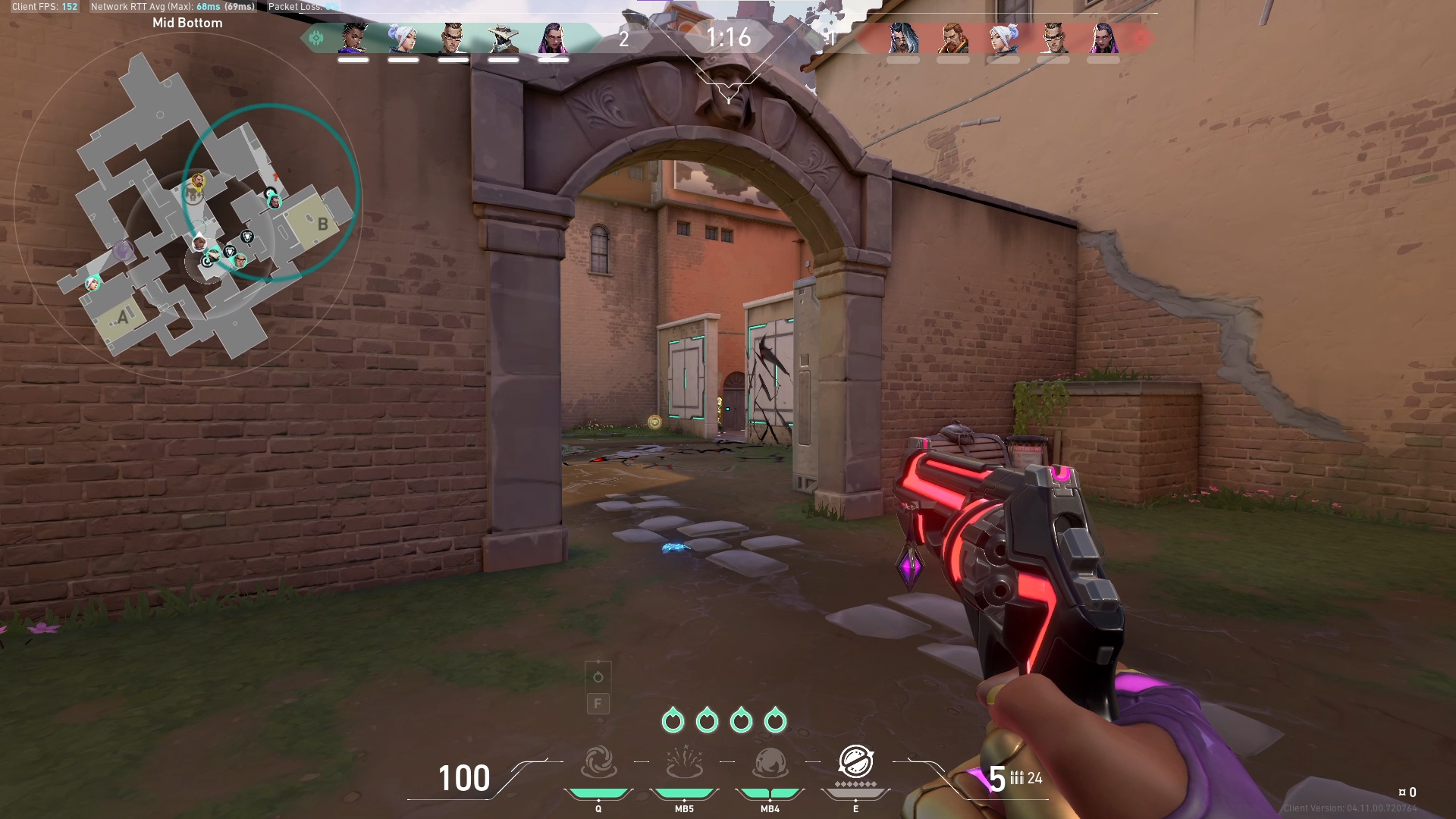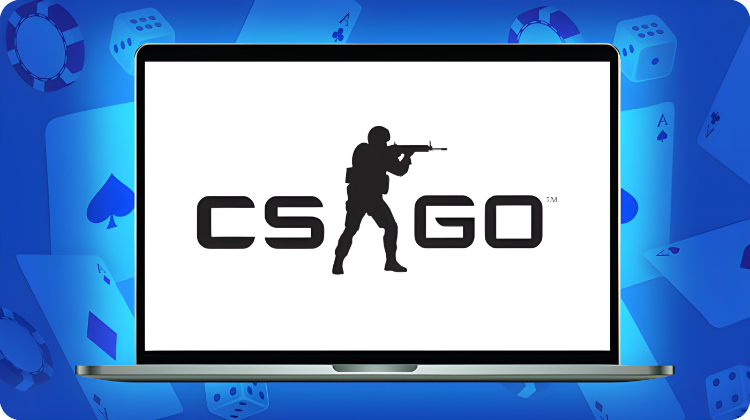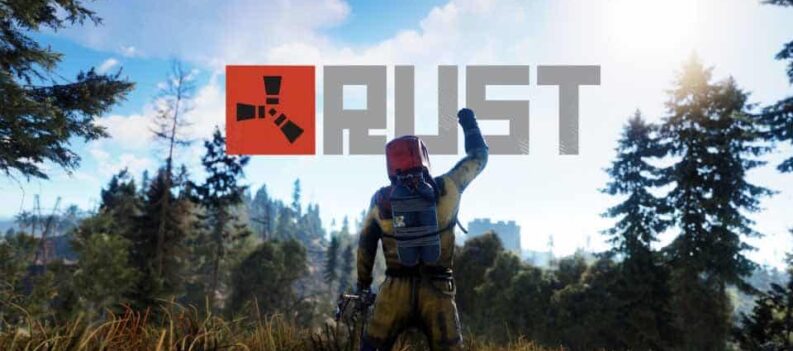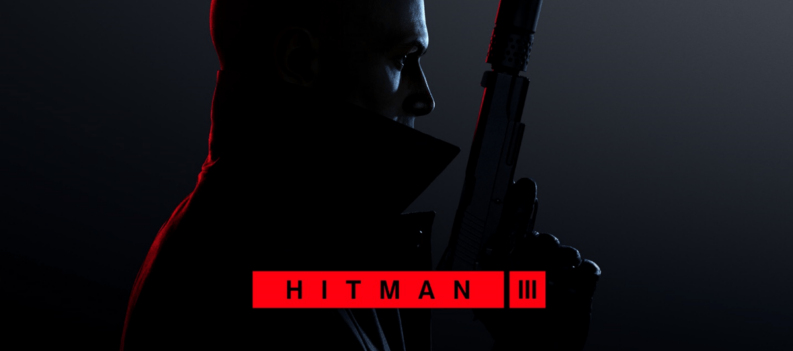Last weekend, an article from The Daily Mail described politicians and child advocates decrying the violence in the Detroit: Become Human’s trailer from Paris Games Week 2017. The trailer introduced the main character Kara. She was a domestic android whose purpose was to cook, clean, and be a caretaker for a little girl named Alice.
Alice’s abusive father, Todd, explodes in anger, and we see him chase Alice up the stairs with a belt in hand. It is implied, but never shown, that he beats her to death. The trailer rewinds to show us that Kara could have made different decisions to stop him.
Many of the advocates felt the footage was hideous and questioned how anyone could have fun playing such a game. Others felt that it would not only normalize this behavior but encourage it.
Some called on Sony to ban the game, or, at the very least, remove the scene from the game. There is even the threat that the game would be denied classification entirely. This would prevent them from being released on consoles if they did not edit the game to remove content.
Today, the VSC Rating Board issued a statement on the matter. For those not in the know, “The VSC Rating Board uses the PEGI rating system to rate all video games which are released in mainland Europe and the UK – that is games which are likely to attain a PEGI 12, 16 or 18. In Europe, the PEGI ratings are advisory only whereas in the UK, PEGI 12, 16 and 18 ratings are legally mandated via the instructions laid down in the Video Recordings Act (VRA) (1984.)”
Just as we have linked the article and the trailer in the first paragraph, we are publishing the full statement for you to read. The short version is that the game has not been submitted to them, so they have nothing to reject or approve. That seems like a reasonable response.
No matter how you come down on the issue, we think this is an interesting time and situation well worth discussion in the industry. Please drop us a comment after the statement with your thoughts on the matter.
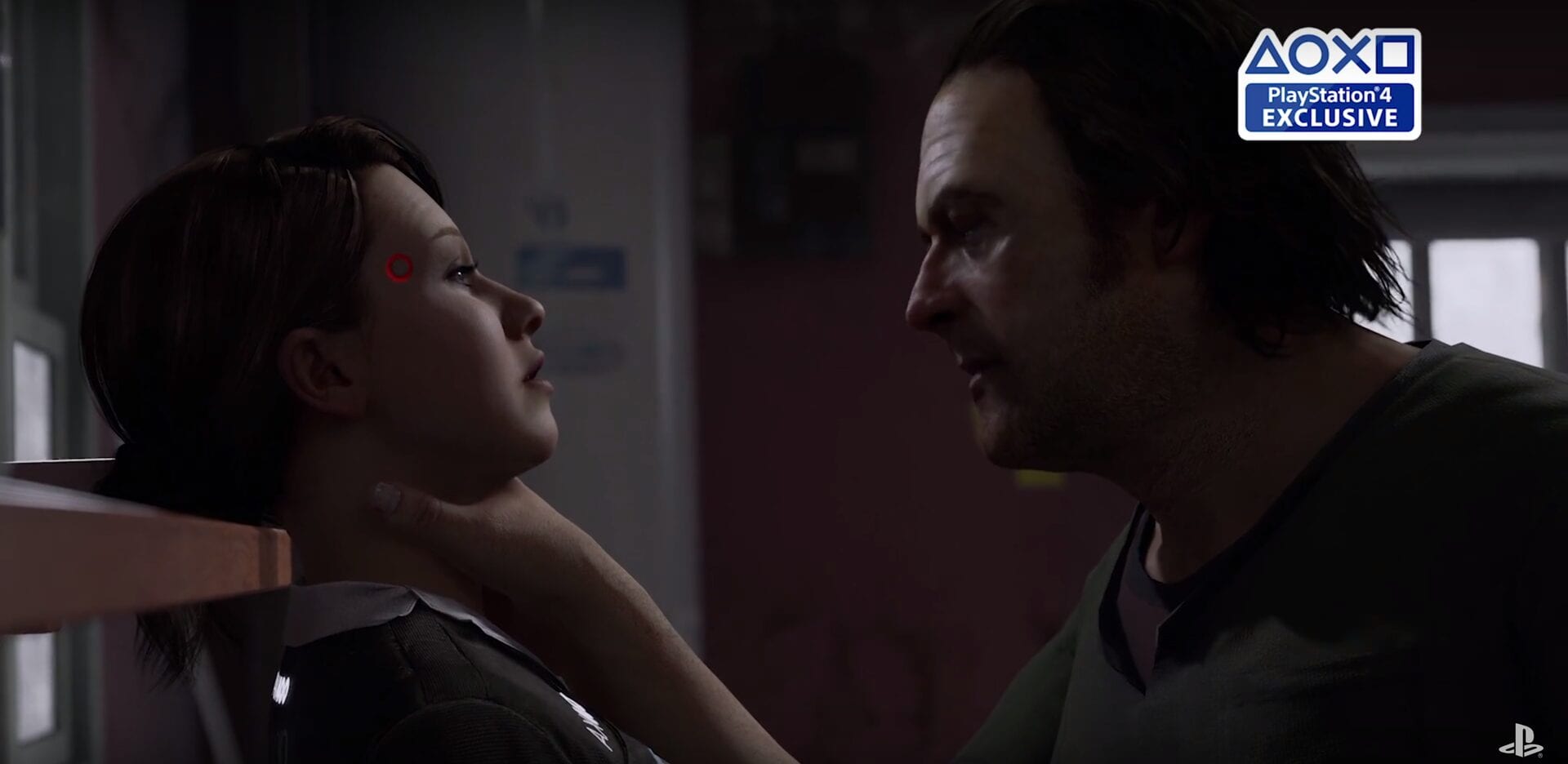
The VRA and other legislation under which we operate also permits us to refuse certification of a video game – even at the adult level – if we believe that releasing such a game to consumers is likely to result in a significant harm being caused to the user.
Each and every game submitted to us is vigorously vetted. It should be stressed that prior to submission of a game for examination we will frequently discuss and give advice on the content of a game with the publisher concerned to establish what rating they are hoping to attain. Sometimes this will result in the publisher having to remove scenes or elements which are inappropriate for the desired rating. If anything would likely lead to a refusal of a certificate then we would bring this to the attention of the publisher before the formal classification of the game.
Each game is examined and analysed in detail over many days and our examiners will always alert senior management to any potentially contentious issues which may present themselves. If necessary, we will then seek additional advice from our panel of senior experts in the fields of law and psychology to determine whether the game should be certificated or not.
In respect of the VSC Rating Board never having actually ‘banned’ a game, it should be noted that the bar for banning a video game is deliberately set high to ensure that entertainment media, including films and dvd, are not simply banned on grounds of disgust or offence. Indeed, since video games were first subject to formal rating requirements in the UK, only two games have ever been banned; “Carmaggedon” (released in 1997) and “Manhunt 2” (released in 2007.) Both of these bans were subsequently overturned on appeal.
As far as “Detroit: Become Human” is concerned, this game has not yet been submitted to us for a rating and we cannot, therefore, comment on whether it will attain a release certificate or otherwise. We are rightly obliged to be objective and non-partisan in the matter of rating video games and we will invariably come to a considered judgment ultimately.


